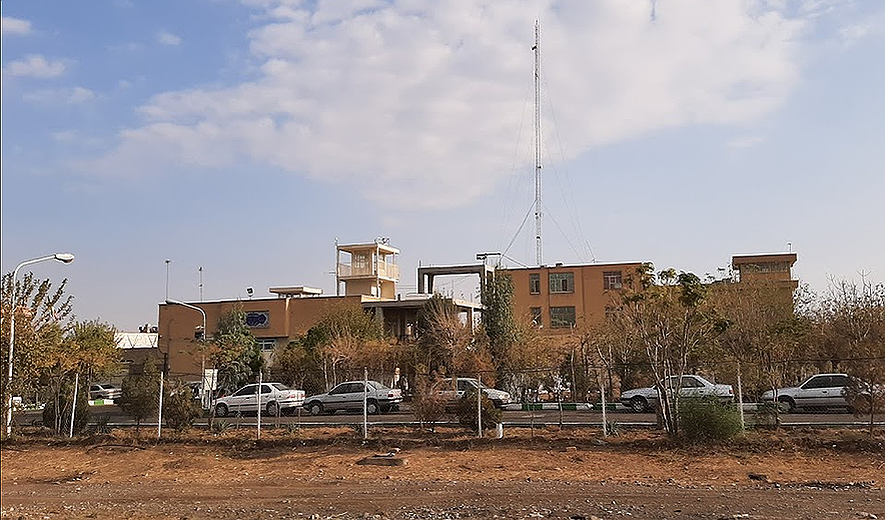Unidentified Woman Executed in Qom

Iran Human Rights (IHRNGO); September 8, 2023: An unidentified woman sentenced to qisas (retribution-in-kind) for murder, was executed in Qom Central Prison.
According information obtained by Iran Human Rights, a woman was executed in Qom Central Prison on 5 September. Her identity has not been established at the time of writing. She was from Varamin and had been sentenced to qisas (retribution-in-kind) for murder.
At the time of writing, her execution has not been reported by domestic media or officials in Iran.
The unidentified woman is the 13th woman execution recorded in 2023. Yesterday, Iran Human Rights reported that of the 200 women executions recorded since 2010, 94 were executed for drug-related charges, 90 for murder, four for “participating in immoral sexual acts and misusing drugs,” two for espionage and one for moharebeh (enmity against god). The charges against nine of the women are unknown.
Only 55 (27.5%) of the 200 executions were announced by official sources. The remainder were reported by human rights organisations and activists, and verified by Iran Human Rights. Transparency has dramatically decreased since 2020 with only 2 out of 45 executions officially reported between 2021 and September 2023.
39 of the women were accused of killing their husbands, temporary marriage husbands (sigheh) or lovers. 8 women were child brides, three juvenile offenders and one an aroose khoon bas, a bride offered by one tribe to the opposing tribe to stop the bloodshed.
Executions were carried out in 27 provinces with the highest number recorded in Tehran/Alborz provinces with 44 executions, 23 in West Azerbaijan and 16 in Sistan and Baluchistan. 2013 was the bloodiest year for women executions, with 30 executions recorded by Iran Human Rights.
Those charged with the umbrella term of “intentional murder” are sentenced to qisas (retribution-in-kind) regardless of intent or circumstances due to a lack of grading in law. Once a defendant has been convicted, the victim’s family are required to choose between death as retribution, diya (blood money) or forgiveness.

